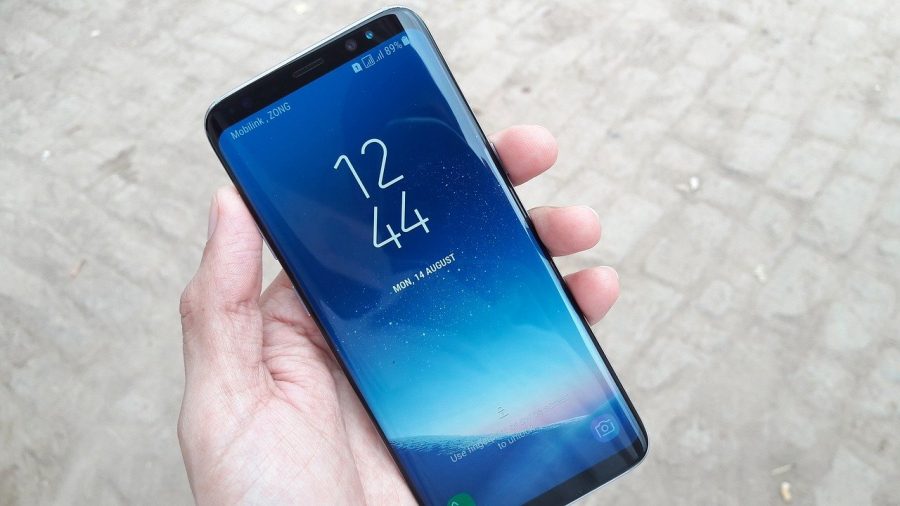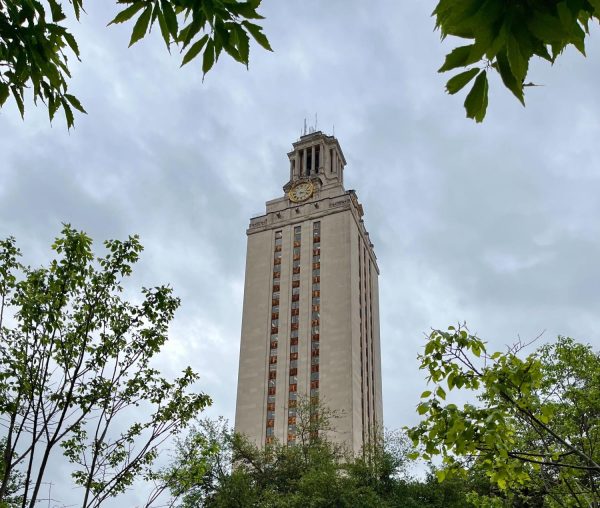Samsung Pursues $10 Billion Computer Chip Manufacturing Plant in Austin
Samsung Electronics Company, also known as Samsung, is considering establishing a $10 billion advanced chip-making plant in Austin. By doing so, they hope to attract more American clients and catch up to industry leader Taiwan Semiconductor Manufacturing Company (TSMC). Although the plans are still in the preliminary phase, Samsung hopes to start construction in 2021, install equipment in 2022, and begin producing chips in 2023. If the plan follows through, Samsung will be the first in the nation to use extreme ultraviolet lithography, a chip printing technology sequence using a range of extreme ultraviolet.
“If Samsung really wants to realize its goal to become the top chipmaker by 2030, it needs massive investment in the U.S. to catch up with [Taiwan Semiconductor Manufacturing Company],” senior vice president at HMC Securities, Greg Roh said to KVUE. “TSMC is likely to keep making progress in process nodes to 3nm at its Arizona plant and Samsung may do the same. One challenging task is to secure EUV equipment now when Hynix and Micron are also seeking to purchase the machines.”
This wouldn’t be the first time Samsung will have brought large investments to Austin. The Samsung Austin Semiconductor, founded in 1996, is one of the largest semiconductor manufacturing facilities in the world. The facility supplies 500 jobs and has a manufacturing facility investment of $1 billion.
With this new chip-making plant, Samsung hopes to dominate the $400 billion chip industry. As well as establishing the new facility, Samsung plans to invest $116 billion into its foundry and chip design businesses over the next decade, aiming to catch up to TSMC. Samsung hopes to use the new Austin facility to offer chips made by using 3-nanometer technology. If they are successful, it will be the first time any company will have been able to acquire and achieve chips with such high-end technology.
To finalize and close this deal, Samsung must negotiate potential incentives including tax benefits and subsidies with the Biden Administration. The company has hired several people in Washington, D.C. to speak on behalf of the deal, however, they have made it clear that they will follow through with building the new facility even if the major incentives don’t get approved. The land for the structure was purchased in October, and the Austin City Council held a meeting in December to discuss Samsung’s request to rezone the land for industrial development.
Samsung officials have not commented to any media outlets on whether or not the deal has been finalized. However, if the company does decide to build in Austin, they will be able to prosper off of tax benefits and other incentives. Only time will tell if Samsung decides to finalize their deal and start building in Austin.

Class of 2023
Hey, I'm Amy! I am currently the Sports Editor for the Horizon! Outside of the press room, my hobbies include playing soccer and running...






